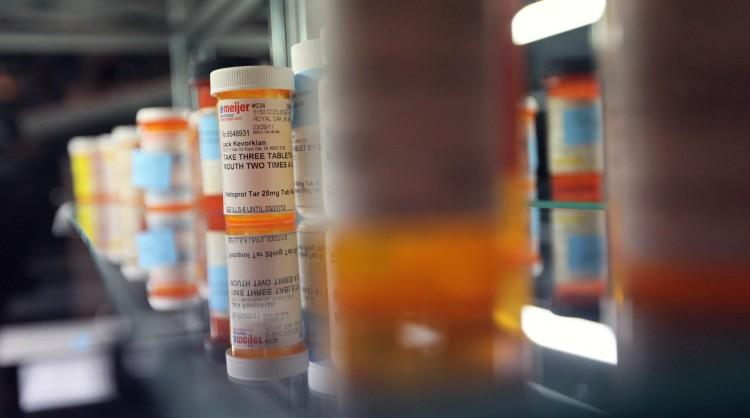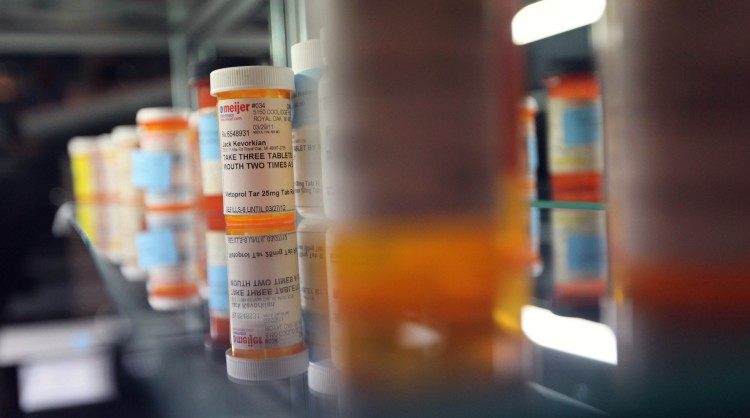LONDON—Suppliers of so-called “legal high” drugs should be required to prove that their products are safe before entering the market, recommends the U.K. government’s drug advisory body.
‘Legal Highs’ Need Proof of Safety, Says UK Drug Council
Suppliers of so-called “legal high” drugs should be required to prove that their products are safe before entering the market.

Simon Veazey
Freelance Reporter
|Updated:





